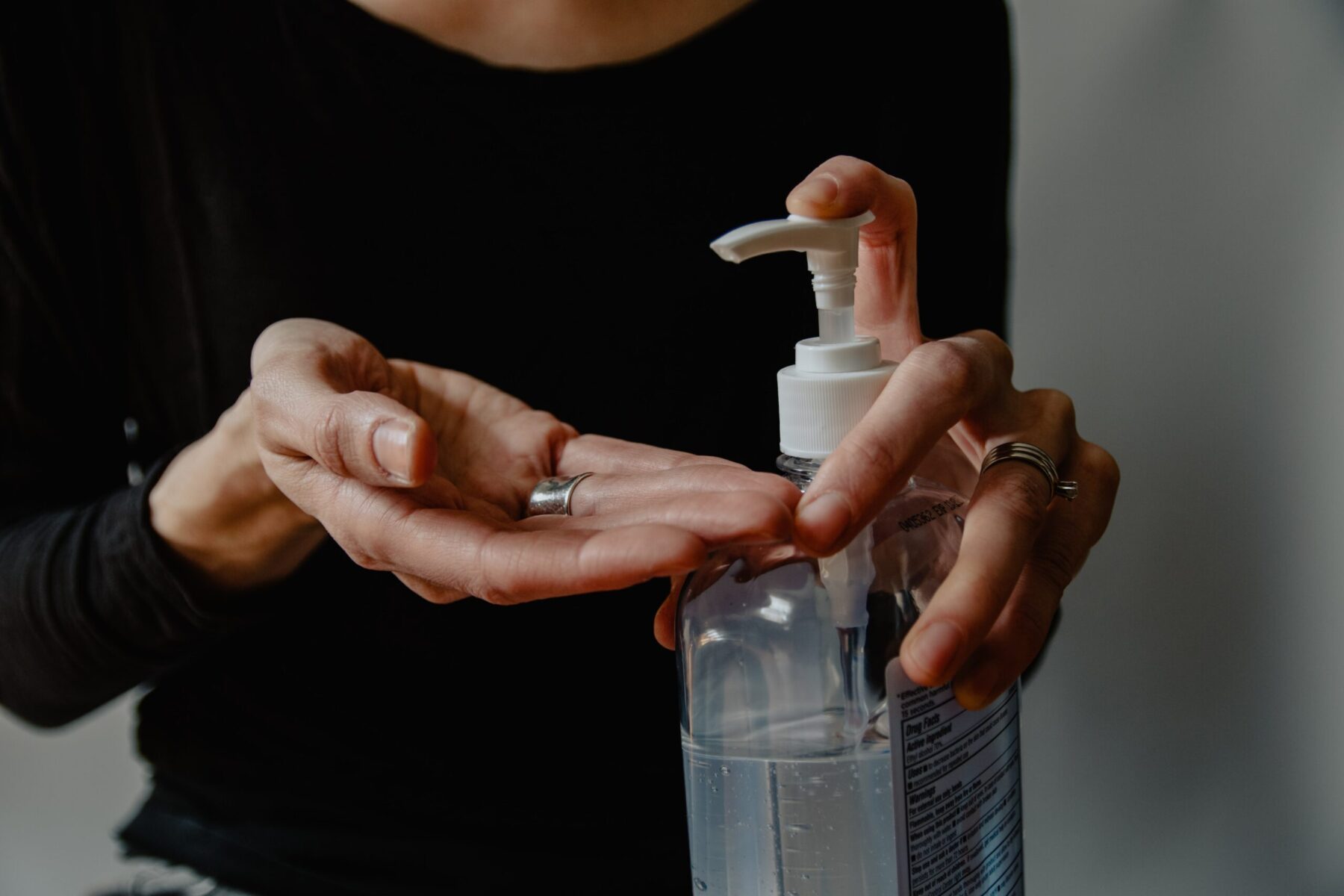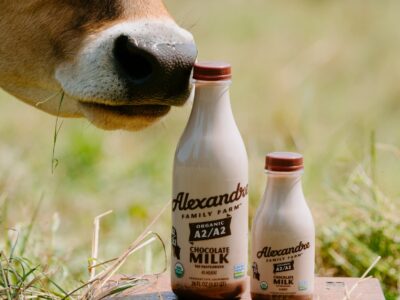As states struggle to combat the COVID-19 pandemic, one familiar industry is stepping up to support local communities – distilleries.
In an effort to help stem the tide of the coronavirus, David Raad, owner of South Carolina’s Six & Twenty Distillery, has shifted his agribusiness to producing upwards of 700 gallons of hand sanitizer a day. In early March, Raad took action when South Carolina Governor Henry McMaster’s emergency management team reached out to the Powdersville distillery about its ability to pivot and start manufacturing sanitizer amidst the crisis. Raad has largely relied on his relationship with the South Carolina Farm Bureau Grain Elevator in Anderson to help maintain high levels of production. With the main ingredient of hand sanitizer being ethanol, Raad is using Anderson Grain as his main supplier of grain and corn. Josh Simpson, manager of Anderson Grain, is also aiding Raad with transporting the finished product to Columbia, SC. Once there, the hand sanitizer can be distributed to the counties most in need.
Craig and Meredith Amick’s distillery, Hollow Creek, located in Leesville, South Carolina, found itself in a similar position to Six & Twenty. Like Raad, the Amicks received a call from the South Carolina Department of Transportation in mid-March with a request to start producing hand sanitizer immediately.
Within four days of the ask, the Amicks had not only made the operational changes — they were making deliveries. Their distillery, which has only a handful of employees, holds licenses that allowed them to purchase and manufacture ethanol, making the production of sanitizer seamless. In addition to ethanol, the Amciks combined glycerin, which prevents hands from getting dry during use, hydrogen peroxide, and water. In the first two weeks of shifting their product line, the Amicks produced 2,000 gallons of 80 percent hand sanitizer which was used by Governor McMaster’s office, the Department of Corrections, and distributed to county offices throughout the Palmetto State.
As farmers continue to find ways to market their produce during the COVID-19 pandemic, they can do so in South Carolina knowing they are doing their part in helping to keep their communities safe.





